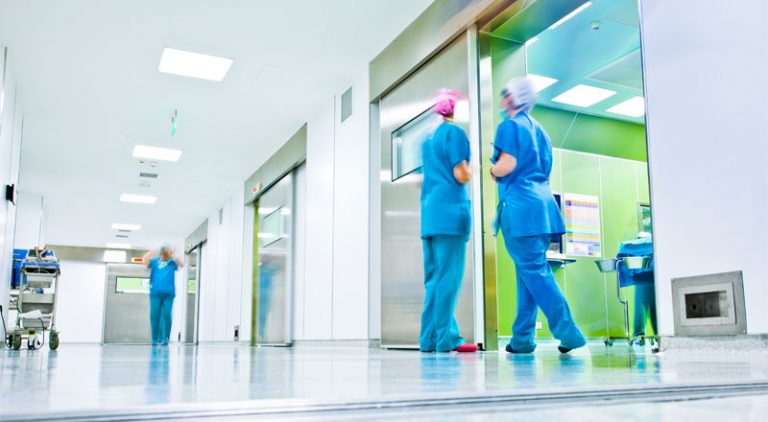The number of Russians visiting paid clinics has almost doubled over the past 14 years. This is the conclusion reached by analysts from the All-Russian Center for the Study of Public Opinion. If in 2006 only 6% of Russian citizens attended private clinics and hospitals, in 2019 this figure increased to 15%.
When choosing a clinic, patients are guided by the following parameters: the qualifications of doctors (over 37.7%), the effectiveness of treatment (36.5%), and the accuracy of the diagnosis (27.4%). This is evidenced by the marketing research of the company GidMarket.
An appointment with a specific doctor is popular on the recommendation of friends, based on reviews on the Internet, or when the previous treatment affected.
The level of service plays a significant role in choosing a clinic. Users note the attitude of the staff, no queues, promptness, cleanliness and comfort, good organization of work. Most of the respondents put the above factors higher than the equipment at the clinic.
In each of the segments of consumers in the market of paid medical services - premium, business, and mass, various factors influence the choice of an institution.
For premium patients, confidentiality is important along with quality care.
In the business segment, the quality, efficiency, and availability of services are correlated with their price. This factor was named by every fourth respondent. Timely diagnostics and prevention of diseases are crucial for the clients of this group. The qualifications of the clinic's staff and customer focus were also noted.
The price parameter is the main one for the mass segment consumers. An important factor is the availability of narrow specialists.
As an example of a private institution in which experienced personnel potential is combined with the latest technologies, we note the clinic of Academician Roitberg "Medicina" in Moscow. They have been helping patients for almost three decades. More than 350 doctors in 66 specialties are accepted here.
The medical clinic participates in the implementation of the territorial compulsory medical insurance program of the city of Moscow, and also accepts citizens within this system from any subject of the Russian Federation. Within the framework of the institution, there is an inpatient department, an ambulance, a polyclinic, and an oncology center.
According to a study by the All-Russian Center for the Study of Public Opinion in Russia, the number of respondents who self-medicate when they manifest ailments is decreasing. A timely visit to a doctor will help prevent the development of the disease and restore health.

